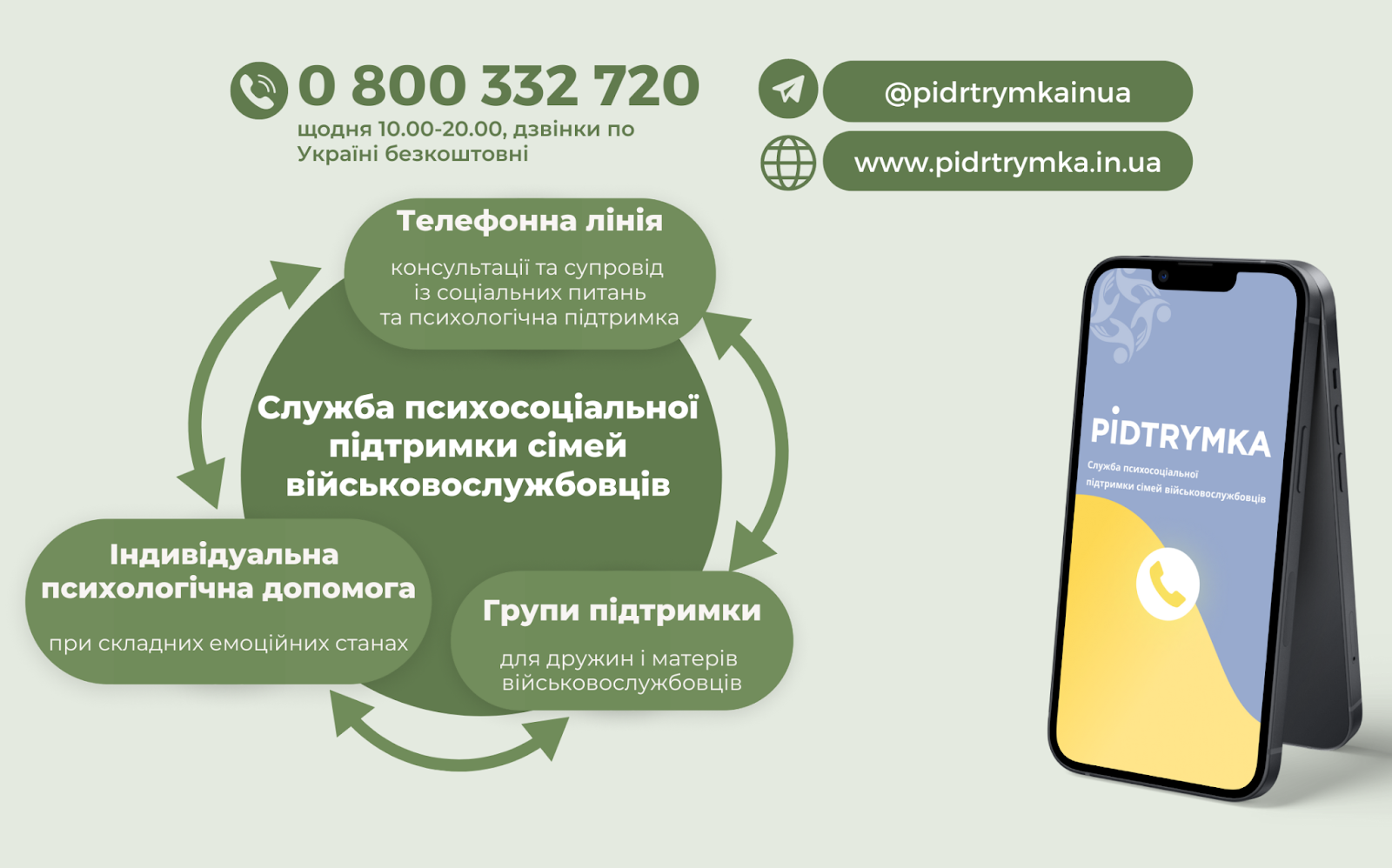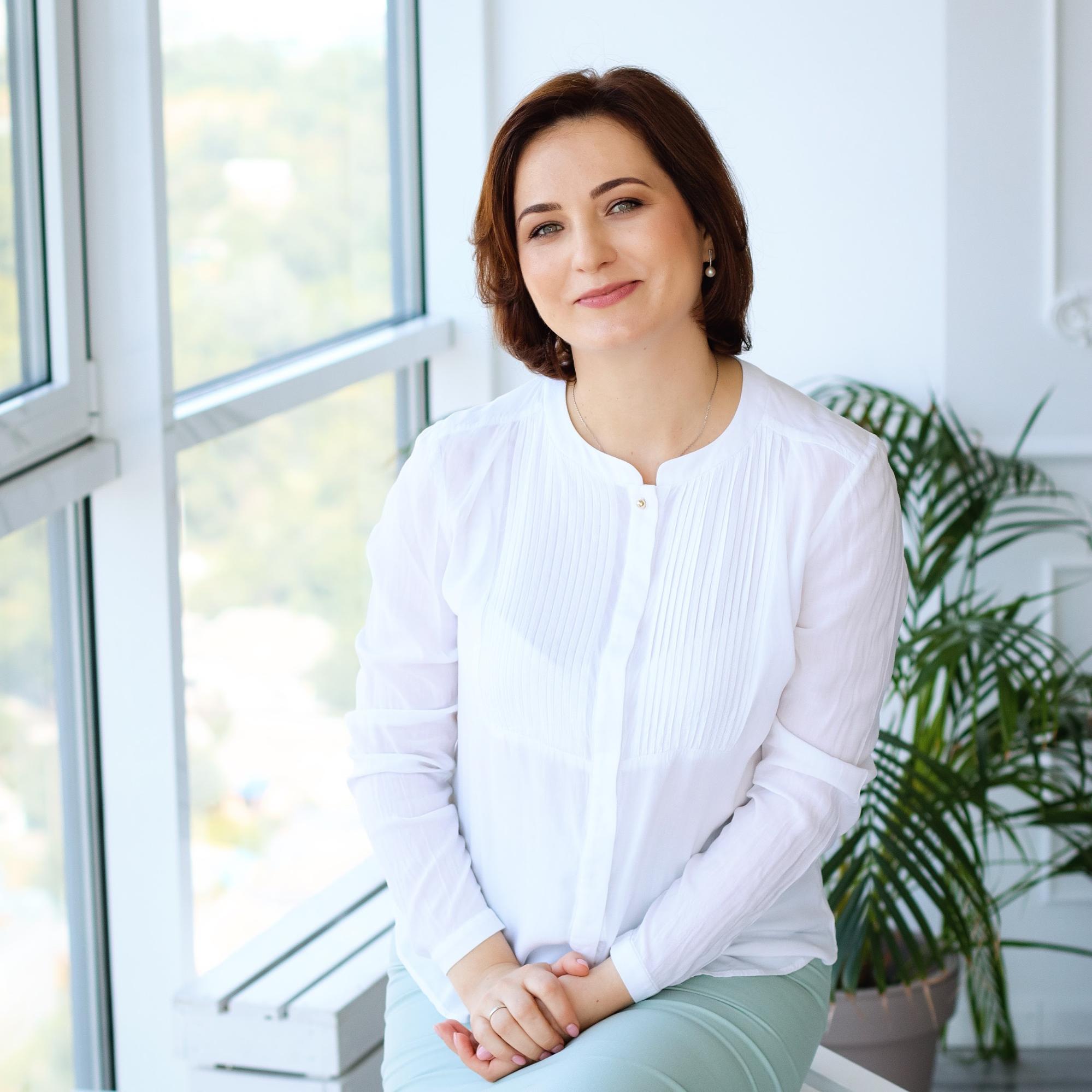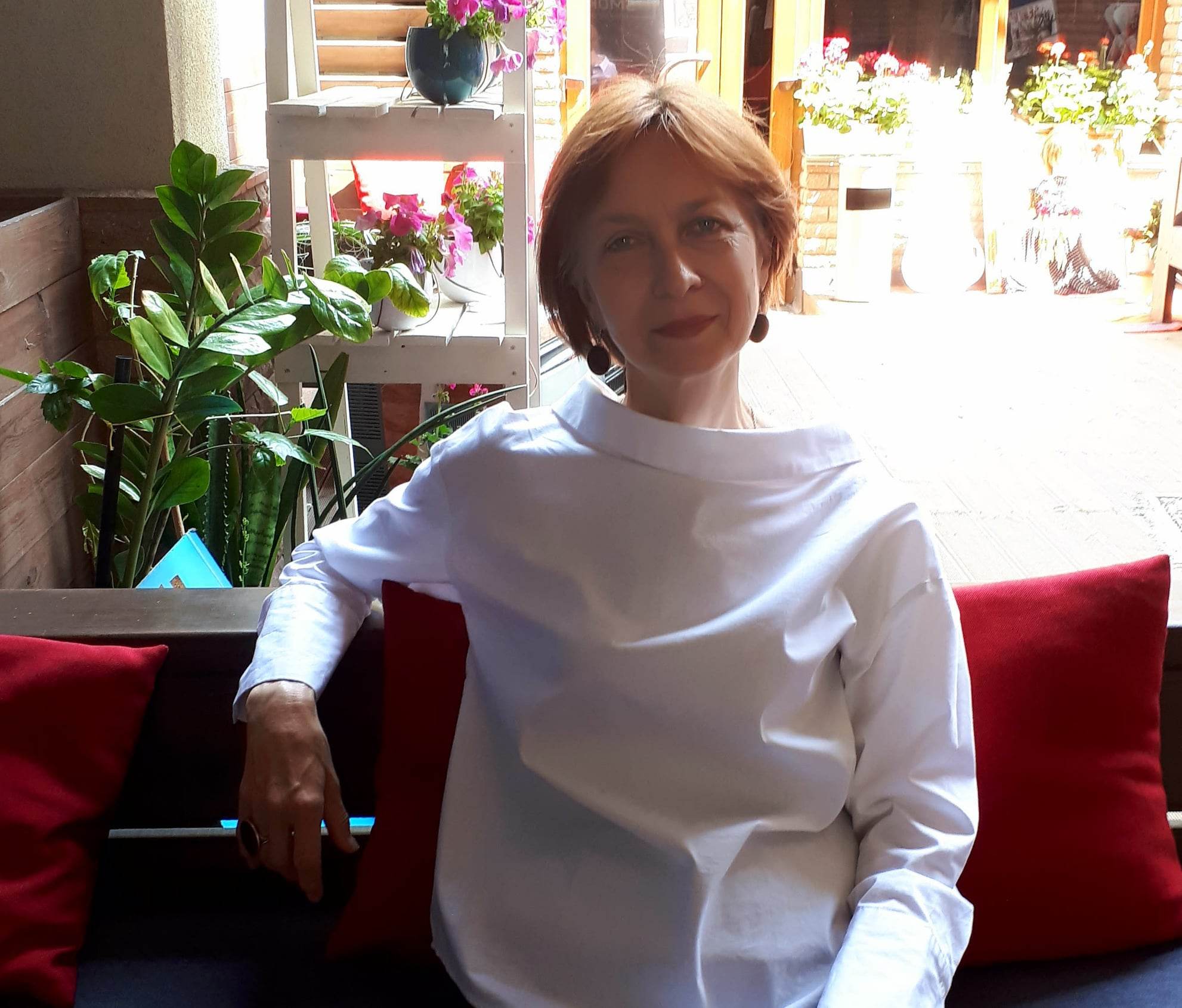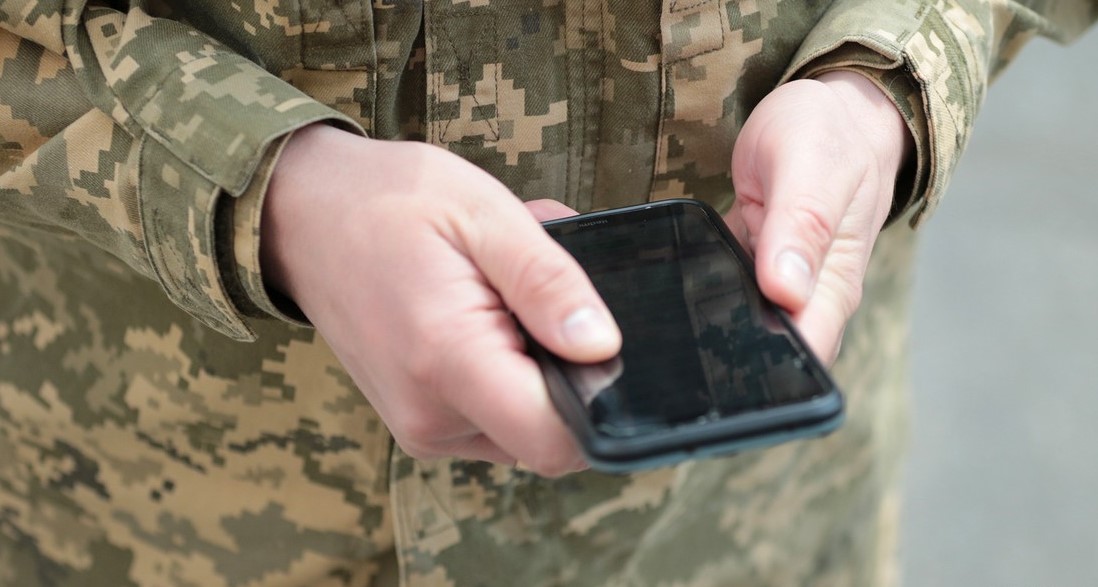
What is the problem?
Today, thousands of mothers of defenders of Ukraine are in complex emotional states: on the one hand, they are proud of their children, but at the same time, they worry and fear every day for their son or daughter who is at the front. When stress and emotions are overwhelming, sometimes it is not easy to advise yourself. It is difficult to cope with all this alone, despite all the accumulated life wisdom, and there is often no one to share these experiences with.
What is the solution?
The non-governmental organization Women's Power of Ukraine, helps mothers of service members cope with the challenges of the war. Since the first days of the full-scale war, this organization has been implementing the Psychosocial support service for families of military personnel project. Psychologists from the NGO Women's Power of Ukraine told Rubryka about what it means to be a mother of a military service member, what questions and problems bother mothers of those who stood up to defend their Motherland, and why it is important not to remain alone in the face of challenges.
How does it work?
"Psychosocial support is our contribution to victory"

The non-governmental organization Women's Power of Ukraine started its activities in 2014.
Immediately after the Revolution of Dignity — anti-government demonstrations which eventually led to ousting of pro-Russian president Yanukovych, the NGO's team saw how many Ukrainian families suddenly became families of military service members and what social and emotional challenges they faced.
"We understood how important the support of their family is for a military man. Our organization decided that we would contribute to the victory through the psychosocial support of the families of military personnel," says psychologist Nataliia Umerenkova, the director of Women's Power of Ukraine. For more than eight years, the organization has been providing assistance to both military personnel and their family members.
According to Umerenkova, this is possible, in particular, thanks to constant long-term cooperation with the security forces: the National Guard of Ukraine, the Armed Forces of Ukraine, and the military clergy. Before the full-scale invasion, the team's work was also to create a systemic approach to support military families. Already in February 2022, Umerenkova received a request from the Ukrainian army to create a telephone support line for the families of servicemen. This is how the project Psychosocial support service for families of military personnel appeared. The project works as a single ecosystem in three areas: telephone line, support groups, and online consultations.
This makes it possible to direct a person if necessary, for example, from a telephone line to support groups or to individual consultation, if more thorough help is needed, explains Umerenkova.
- The telephone line 0 800 332 720 works every day from 10 a.m. to 8 p.m. without weekends, and all calls within Ukraine are free, and communication is confidential. Relatives of Ukrainian service members who are currently in Poland can contact the number +48226022512, where consultants provide information and support when solving various social issues of military personnel and their families. Upon request, specialists provide psychological assistance either immediately during the call or at an agreed time. In addition, military personnel and their relatives can request support via the Telegram channel @pidtrymkainua.
- Support groups for wives and separately for mothers of military personnel are held online. Their main goal is to improve the participants' emotional state to give them a platform for communication in an environment of mutual support and understanding.
- The third area of the project's activity is online consultations, when the most in-depth individual psychological help is needed, rather than the one that can be provided over a telephone line or in support groups.
What worries mothers of defenders today?

Nataliia Umerenkova
As Umerenkova said, the service receives social and psychological requests from mothers of service members on the phone line and in support groups. When we talk about social requests, mothers often ask service-related questions. For example, they clarify how a military person can get leave and the possibilities for treatment. They inquire about the benefits or payments provided for defenders and their families. They also ask where to go and what to do if there is no contact with a son or daughter for a long time without warning.
Among the psychological inquiries, most concern interaction with loved ones and one's own emotional states when it is already difficult to cope with constant anxiety, stress, and a feeling of powerlessness.
Most often, mothers of military personnel share that sometimes they do not feel understood by those around them, says psychologist Hanna Ivakina, who leads support groups for mothers of military personnel.
"No matter who and how much says 'don't worry.' The phrase 'don't worry' said to a woman whose child is at the front is hard to accept because she will worry anyway. From the mothers of service members, you rarely hear a direct request 'I feel bad' — their request sounds rather like 'what should I do': to help, to communicate correctly, to be useful for their son or daughter," explains Ivakina.
At the same time, the psychologist notes, consultants and psychologists who lead support groups for mothers often hear from women: "I can't sleep," "I'm worried about my son, who is at the front," "When I think my child is there, I can't do anything." Women ask how they can support their child from a distance, and what topics to discuss while their son or daughter is in a war zone.
Support groups for those who understand you

The support groups are a series of free online meetings where mothers of soldiers meet, connect with women who have similar experiences, and share their experiences in a safe, friendly, non-judgmental space. Being in a circle of women who find themselves in similar circumstances and face similar life challenges helps mothers find the strength to stand up for themselves and be a support for their son or daughter. In addition, psychologists work with women there — they tell women about self-help tools in complex emotional states.
"Often, women are grateful that they could speak out and were heard. We are grateful for the trust of all the women who have become members of our support groups and for their warm feedback," says Ivakina, the host of the support groups.
The online format makes it possible to participate in such communication regardless of where a woman is — in Ukraine or abroad. Having a smartphone or laptop and the Internet at hand is enough. The groups are closed, so everything discussed in them remains confidential.
As of the end of April 2023, Women's Power of Ukraine held almost 130 online group events. Over 900 women registered and expressed their desire to receive such support during the year of assisting in the format of online support groups. These are not only mothers but also military wives and brides. The head of the project, Umerenkova, notes: this fact indicates that the need for such support is extremely high.
Support groups for wives and mothers of service members are held separately. After all, the issues that concern women of different ages and statuses may differ. You can participate in such meetings by first filling out the questionnaire.
What it's like to be the mother of a defender
Being a mother in peacetime and being a mother in war are very different experiences. Mothers of defenders have to learn a lot. The Service of psychosocial support for families of military personnel helps them with this.
The vast majority of Ukrainian women were not ready for the fact that they would become military wives and mothers. In one moment, families faced high uncertainty and challenges for which they did not have their own life experience to solve, Umerenkova states. Military mothers need to communicate with those with a similar experience — to learn to live in a new reality. Among the specialists and volunteers of the NGO, some already know what it is like to be a relative of a service member.
It is often difficult for wives and mothers to talk about their new experiences with those who are not going through it. Accordingly, this narrows their circle of social interaction, and women who do not find support and understanding from family and friends may feel alienated from the environment. Mothers can still be tormented by remorse as if they did not do enough for their child and despair that life will no longer be the same.
According to Umerenkova, it is important not to remain alone with challenges, to take care of yourself, and not be shy to seek support in such circumstances. This is precisely the goal of the work of the entire project team — to help mothers cope with such problems, to help them feel supported, and to give them back their inner points of support.

Hanna Ivakina
Ivakina explains that in the lives of close military personnel, values may be reassessed, and priorities may change. What previously seemed insignificant may bother more than before, and something ceases to worry and recedes into the background. This is a normal reaction to changes. Women have to adapt to a new perception of themselves, to events in society, and even to what used to be familiar. All these challenges certainly affect a woman's emotional state. After all, when your child is at war, and the news and social networks are full of disturbing information from the front, it is difficult to be calm under such circumstances.
Often mothers face insomnia, depression, and anxiety. The nervous system is exhausted due to constant worries — this affects immunity and, accordingly, the state of health. Military mothers need to worry about themselves and their condition. This is one of the critical tasks for those who are waiting. In addition, military experience shows that when everything is good at home, in the rear, it adds strength and motivation to the soldier during his official duties.
Does it really work?
We turn weakness into strength

Ivakina says that mothers of military personnel often worry and strongly feel the distance from their children, who stood up for the defense of Ukraine. These women feel anxiety and fear for their children because they know their son/daughter is now in dangerous conditions and their life may be in danger, but it is not always possible to talk to calm them down. In such situations, mothers find support from the community of other mothers of military personnel or seek help from psychologists. This helps reduce stress and anxiety and makes overcoming challenges and situations that cause anxiety easier.
There is an opinion that women do not have the right to say how bad they feel when they know how their children are at the front. Sometimes it is enough to simply talk about what bothers you in the circle of those experiencing similar life circumstances. Then a person can find a way out of their situation without outside help. Just saying it out loud in a non-judgmental environment is enough for some.
"When we ask women who have visited our support groups what this experience was valuable to them, we hear that this is just the space where you can be yourself and with those who experience similar emotions and understand how you feel," Ivakina continues. "Thanks to the support of psychologists, they learned about exercises that they can use in the future to improve their emotional state."
Women need to feel supported even after the group meetings are over. Each group has its own chat, where they can, if they wish, continue communication and support each other. Many members of support groups become friends. All this generally allows them to feel more stable while waiting.
Practical advice for mothers from psychologists

It is not easy for Ukraine's defenders, and psychologically it is even more difficult for mothers. How to maintain a relationship in such a stressful time?
Psychologists of the project stress that there is no single universal list of advice because communication between mothers and children is different in every family. A lot depends on what it was like before the son or daughter joined the army. Someone used to communicate only on weekends and see each other on holidays, someone used to talk only about health or household affairs, and someone had daily conversations on various topics.
If, before the war, there was active communication in the family, some traditions, or special ways of expressing support and love through messages, calls, or cards, then you can try to continue such communication as much as possible. For example, if earlier a mother shared with her son or daughter what she did during the day at home or in the garden, such topics for communication can be continued during the child's service.
At the same time, Ivakina notes: agreeing on what information you would like to share and how often you will do it is good. For someone, such simple and basic questions as "What should I tell you about?", "What are you interested in?" can be a support. You can inquire about your son or daughter's comrades, about everyday life, health, and food. You can try to find something new to maintain communication during service and start new traditions.
According to the psychologist, if a son or daughter wants to share their experiences or memories, you should be ready to listen to it, do not specify the details, but simply listen to what they are ready to share. If there is something difficult to perceive in this conversation, first of all, remember that your child trusts you a lot if they share it.
"Sometimes a mother sends her young son to the front, and over time, during communication, she realizes that he is already a mature man. You have to try to accept these changes and respect your children's experience. They may change their views on life and desire to change many things. In such moments, it is worth treating with respect what is happening in the life of a son or daughter. We need to learn new forms of communication. This can be done at meetings in our support groups," says Ivakina.
How can a mother psychologically help her adult child, who is currently at the front or in the hospital?
Umerenkova explains: when it comes to a son or daughter's stay at the front, psychological support can be simple communication and expressions of care. You can give something to a child at the front through comrades or volunteers that will symbolize this care for you. Even simple words of thanks to your son/daughter can be a powerful support when he/she is there.
"It is important to remember that you should support as much as possible. Mom needs strength for this. The support of a son or daughter depends, particularly, on how the mother takes care of herself," emphasizes Umerenkova.
The question of supporting the relatives of a military man who is in hospital is more complicated. Here it is appropriate to mention the experience of NATO member countries, where injured military personnel undergo physical and psychological rehabilitation, and their family members can undergo psychological support programs. This approach is effective because it provides strong support for the family to survive the difficult emotional states associated with post-trauma treatment.
"Fortunately, there are many charitable foundations in Ukraine that create rehabilitation centers for soldiers with complex injuries, which also provide psychological rehabilitation for soldiers and psychological support for their relatives," says the head of the Women's Power NGO.
Even more useful solutions!
What can be done to support the mothers of those who defend Ukraine?
According to the psychologists of the project, it is worth talking here not only about mothers but also about the families of service members in general. And here, everyone can join in the support.
- First of all, be attentive and show care. Advise to seek professional help if appropriate.
- Another minimum of help that every person can do is to spread relevant, high-quality, and useful information. Talk about the activities of organizations and initiatives that provide professional support to military personnel and their families. Share the contacts and practical recommendations prepared by such teams. You can help make this help visible so that it can be seen and felt by those who need it.
- You can also join educational activities. For example, with the project team, distribute leaflets with recommendations for families of mobilized military personnel and leaflets for defenders on duty.
"The main thing is not to be left out," Umerenkova is sure.







